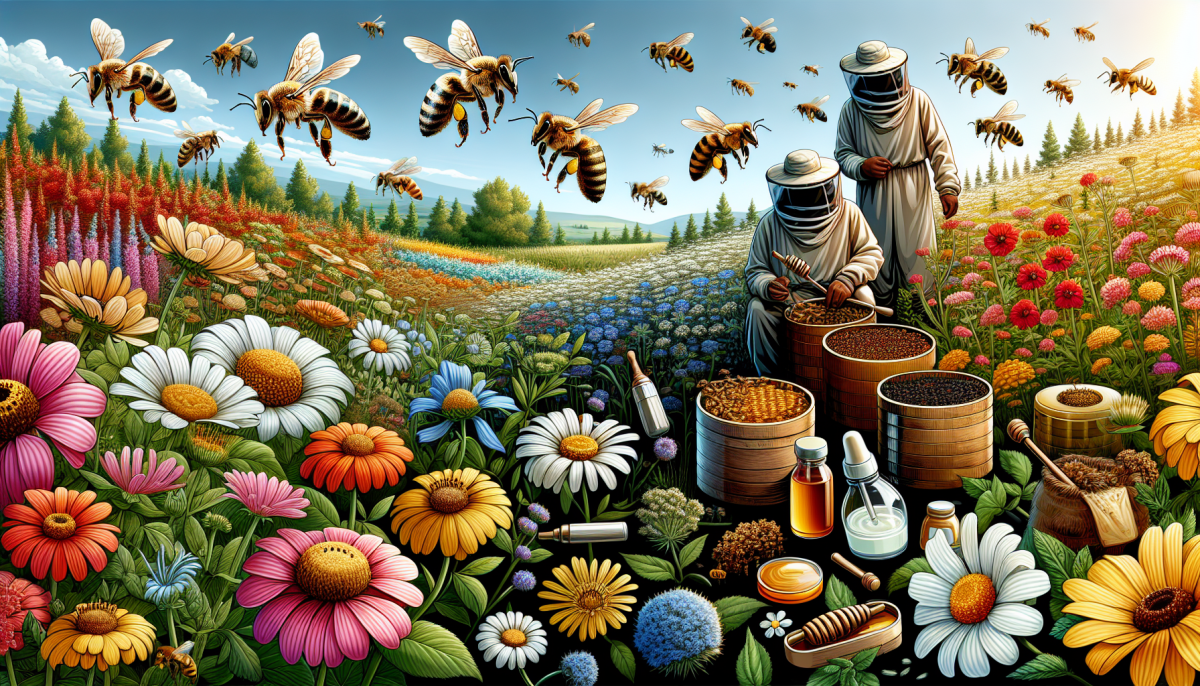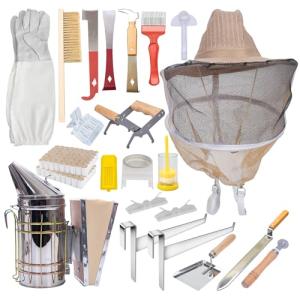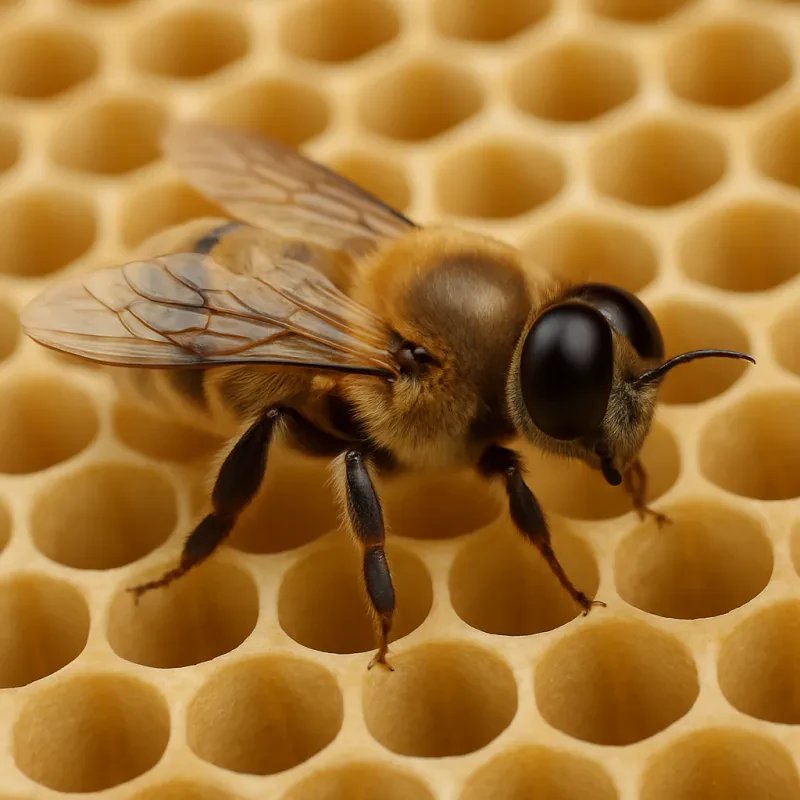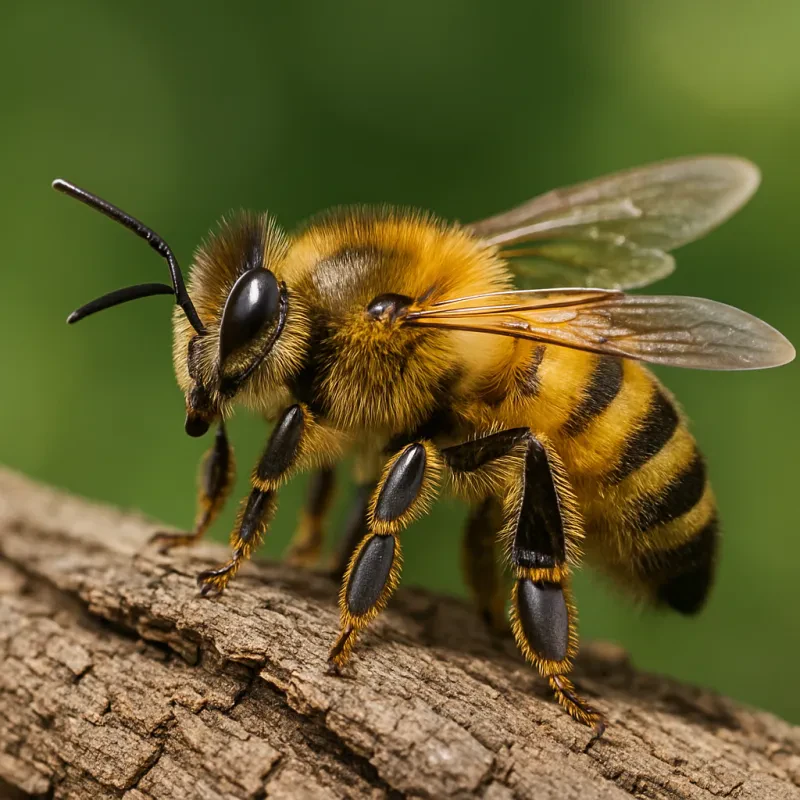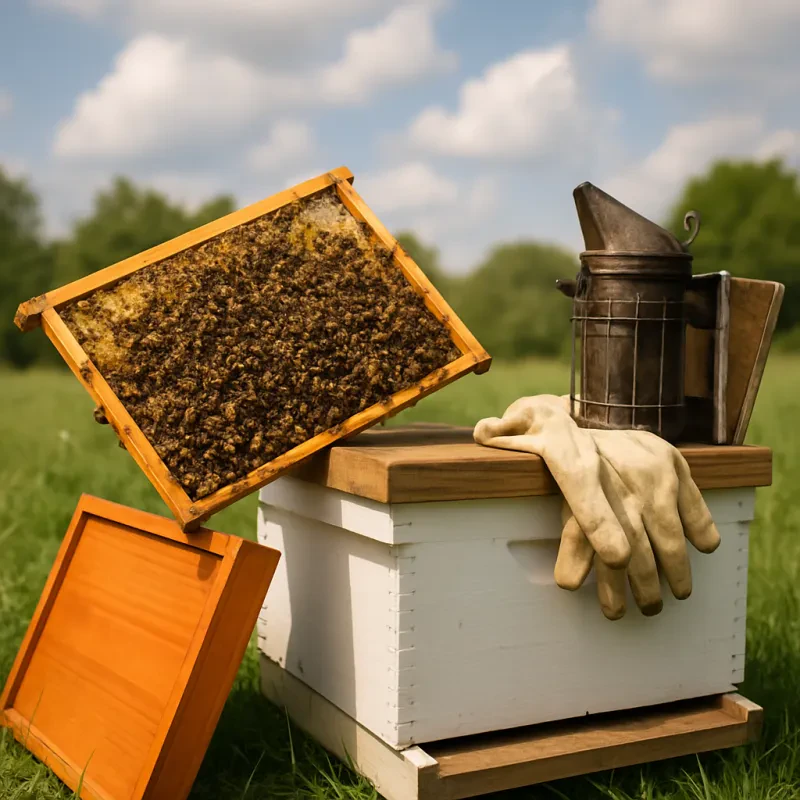Bees play a crucial role in our ecosystem, and their importance can't be overstated. These tiny creatures are responsible for pollinating a large portion of the plants we rely on for food. In fact, about one-third of the food we consume each day depends on pollination. The benefits of bees extend beyond just fruits and veggies; they also help pollinate flowers that support local wildlife and maintain healthy landscapes.
When bees visit flowers to collect nectar, they inadvertently transfer pollen from one bloom to another. This process helps plants reproduce and ensures the continuation of plant species. Without bees, many of our favorite foods like apples, almonds, and blueberries would become scarce, leading to higher prices and less variety on our plates. So, next time you bite into a juicy piece of fruit, remember that bees played a part in making that happen!
Besides food, bees also contribute to the health of ecosystems by supporting biodiversity. A diverse range of plants helps create habitats for other wildlife and keeps ecosystems balanced. More plants mean more food and shelter for birds, insects, and other animals. In other words, when we protect our buzzing friends, we're helping the whole environment thrive.
It's also worth noting that bees are indicators of environmental health. When bee populations struggle, it signals that something might be off in the ecosystem, whether it's pollution, pesticide use, or habitat destruction. By caring for bees, we're also looking out for the planet's well-being and our future generations.
Sweet Rewards of Honey Production
Honey production is one of the sweetest rewards we get from bees, and it’s not just delicious—it brings a whole bunch of benefits to the table. First off, honey is a natural sweetener that's packed with flavor. Unlike processed sugars, it's full of vitamins, minerals, and antioxidants. So, drizzling some honey on your morning toast not only satisfies your sweet tooth but also gives your body a little extra love.
But that’s just the start! Honey is also known for its amazing healing properties. It’s often used as a home remedy for sore throats and coughs. Just a spoonful can soothe irritation and may even help you recover faster from colds. Plus, when it comes to skincare, honey works wonders. It’s a natural moisturizer that can help keep your skin hydrated and glowing. Many people incorporate honey into their beauty routines for its gentle, nourishing effects.
On a broader level, the benefits of bees extend beyond just honey. Bees play a crucial role in pollinating many of the fruits and vegetables we rely on for a healthy diet. Imagine biting into a juicy apple or savoring fresh strawberries – all thanks to those busy little pollinators! By supporting bee populations, we’re also ensuring a variety of food options are available and that crops can thrive.
Finally, honey production is a fascinating process that connects us to nature. Watching bees work together and create this sticky goodness is incredible. It’s a reminder of how important bees are to our ecosystem, and why we should take steps to protect them. From tasty snacks to environmental heroes, the benefits of bees are truly amazing!
Pollination Power and Food Growth
Bees are tiny heroes when it comes to pollination and food growth. They play a huge role in helping flowers, fruits, and vegetables flourish. Did you know that about one-third of the food we eat depends on these buzzing creatures? That's right! Without bees, our plates would look quite different.
When bees visit flowers, they collect pollen and nectar. As they move from one blossom to another, they unintentionally transfer pollen, which helps plants create seeds and fruits. This natural process is called pollination, and it's crucial for growing many crops—think apples, almonds, and blueberries! The benefits of bees extend not just to farmers, but to everyone who enjoys tasty, nutritious food.
In addition to supporting crop production, bees also help maintain diverse ecosystems. Healthy plant life means richer habitats for other wildlife, leading to a balanced environment. When bee populations thrive, they promote a variety of plants, which in turn contribute to a healthy food chain.
So, the next time you enjoy a piece of fruit or a delicious meal, remember that bees played a vital role in making that happen. Supporting these amazing insects not only benefits our food supply but also keeps our surroundings vibrant and thriving. Isn't it fascinating how such small creatures can have such a big impact on our world?
Fun Facts About Bees You’ll Love
Bees are more than just buzzing bugs; they’re essential little helpers in our ecosystem! Did you know that there are over 20,000 species of bees? That’s right! From honeybees to bumblebees, each type has its own unique quirks and benefits. You might be surprised at how diverse these creatures really are!
One of the coolest facts about bees is that they communicate through dances. When a bee finds a good spot for nectar, it performs a “waggle dance” to tell other bees where to go. This dance isn’t just a fun little show; it’s how they share the location of flowers and food with the rest of the hive. Talk about teamwork!
You might think all bees sting, but only a few species are aggressive. Most bees are more interested in collecting nectar than in bothering us. In fact, their primary goal is to gather food for their colony, which leads to one of the best benefits of bees: pollination! Bees are responsible for pollinating about one-third of the food we eat, including fruits like apples and strawberries. Without them, our diets would be pretty bland!
And get this—honey never spoils! Archaeologists have found pots of honey in ancient Egyptian tombs that are over 3,000 years old and still perfectly edible. This natural sweetness isn’t just a treat for us; it’s packed with nutrients and has antibacterial properties, showcasing yet another of the amazing benefits of bees.
